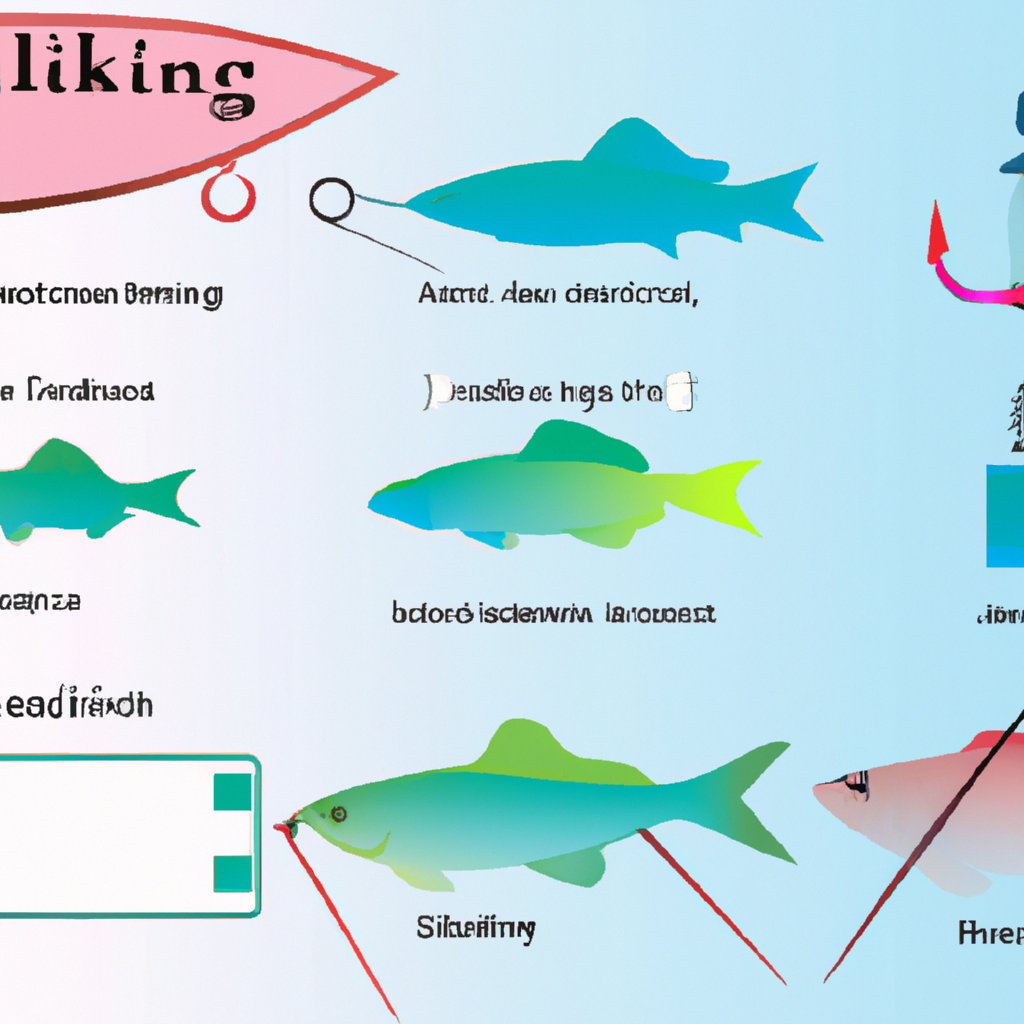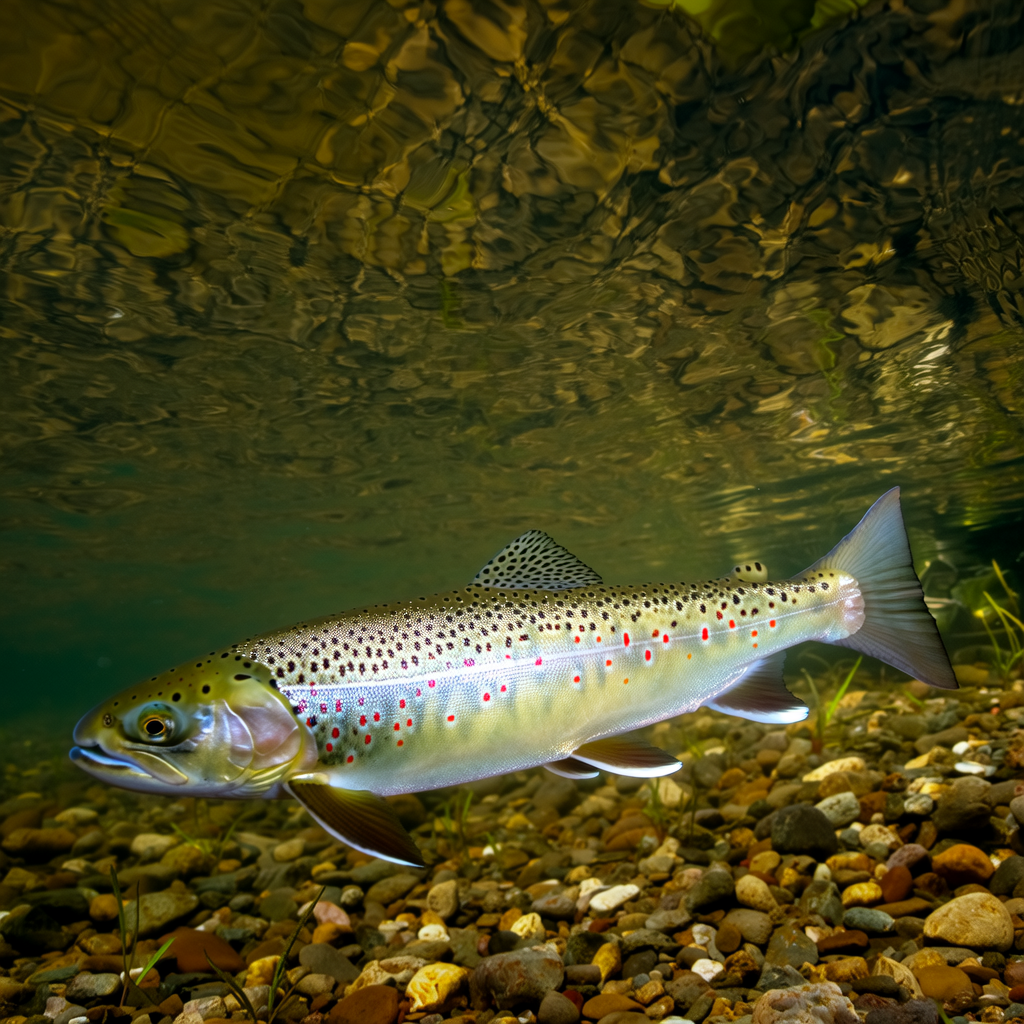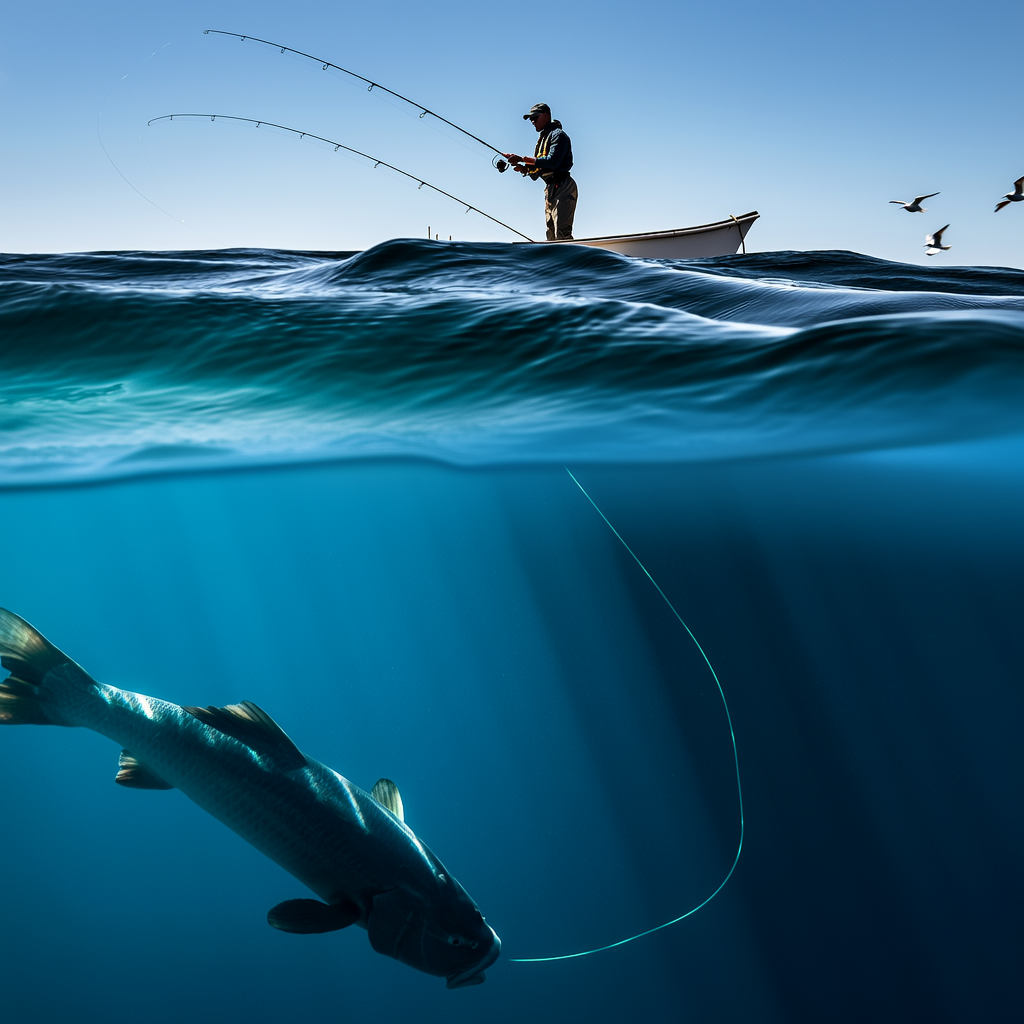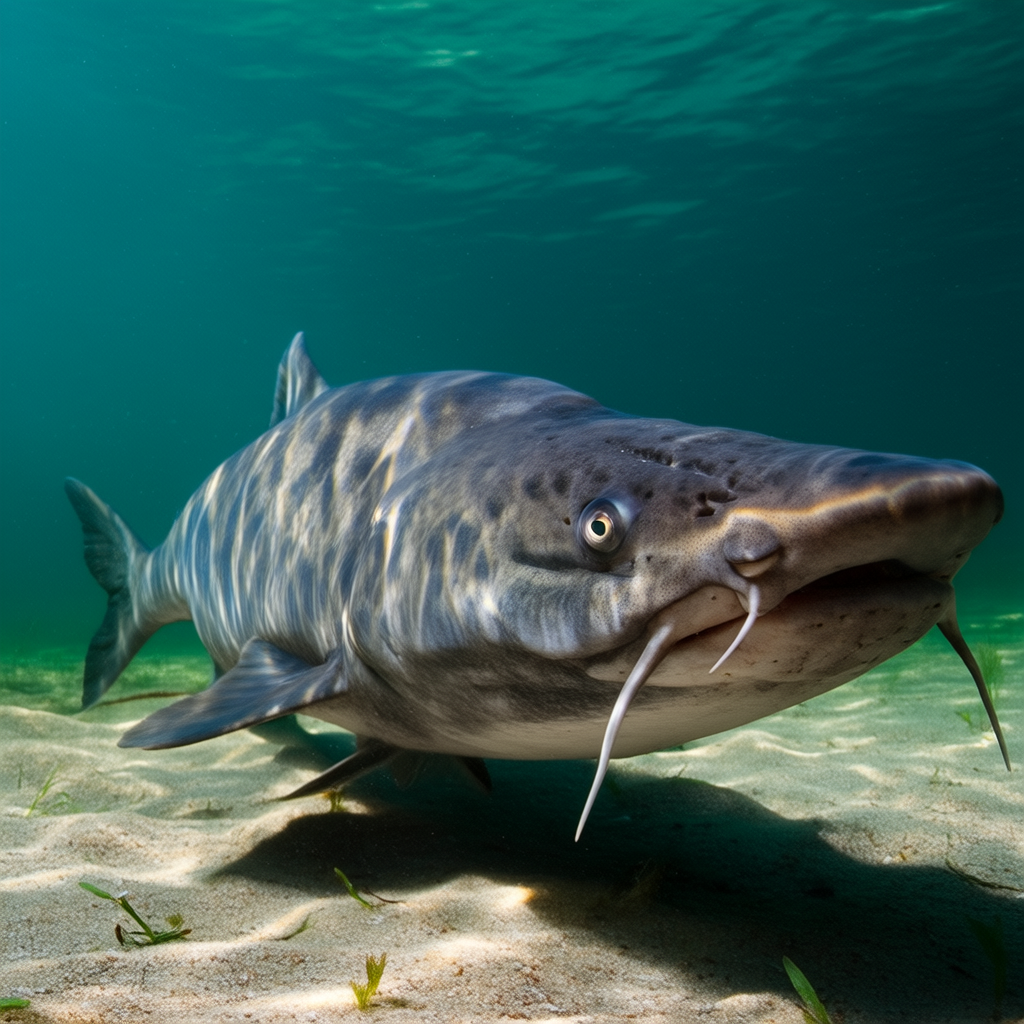You should always make sure that you have the right licenses and permits before you go fishing, whether it’s for sport or leisure. The requirements for fishing licenses vary depending on the type of fish, where you are fishing, and your age. This guide will cover all the information you need about fishing licenses so you can fish without fear of penalties.
What is a fishing license?
A fishing licence is a government-issued permit that allows its holder to fish for a specific period in a particular area. Fishing licenses are issued by the government to ensure that commercial and recreational fishing activities are conducted in a sustainable manner and in accordance with regulation. A fishing license is a way to support conservation efforts and ensure that fish populations are managed responsibly.
Who needs a fishing license?
Anyone over 16 years old who wants to fish on public waters in most states and countries is required to possess a fishing licence. Check with your local authorities to see if there are any special rules for children younger than 16. It’s best to check with local authorities before fishing if you are unsure if you need a permit. This will help you avoid any fines or penalties.
Types of fishing licenses
There are different types of fishing licences, and each has its own requirements. Here are the most common types:
Resident Fishing License
A resident fishing licence is only available to those who are permanent residents in a particular state or country. State-specific requirements vary, but you will need to show proof of residency such as a utility bill or driver’s licence.
Non-Resident fishing license
Non-resident fishing licenses are for people who visit a state or country, but do not live there permanently. Non-resident licenses can be more expensive and have different requirements. Non-residents are required by some states to have a fishing guide or to fish alongside a resident.
Seasonal Fishing License
A seasonal fishing licence is for those who only fish at certain times of the year. For example, during the summer. Seasonal fishing permits are less expensive than annual ones and are an excellent option for those who do not fish often.
One-Day Fishing License
A one-day license is for those who only want to fish on a single occasion. One-day licenses are usually cheaper than other types of fishing licenses, and are an excellent option for those who want to fish only once.
Saltwater Fishing License
Anyone who wants to fish saltwater or brackish waters will need a saltwater fishing licence. Saltwater fishing license requirements vary by state. However, most require proof of residency as well as payment.
Fly Fishing License
Fly fishing licenses are required by individuals who use artificial flies and lures to catch a fish. The requirements to obtain a fly fishing licence vary depending on your state and the fish you are targeting.
How to obtain a fishing license
The process of obtaining a fishing licence is straightforward, but the requirements will vary depending on where and how you fish. Here are some general steps to obtain a license for fishing:
1. Check the requirements
Checking the requirements is the first step to obtaining a license. This information is usually available on the website of your state or country. You should know the type of fishing license you require, the documents you will need to supply, and how much it will cost.
2. Buy the license
Once you have the documents and know the type of license that you need, you can buy the license. You can buy a license online in most states and countries, but you can also purchase it from authorized vendors.
3. Read the Regulations
It’s important to read and understand all the regulations before you start fishing. Regulations can vary depending on where you are and what type of fishes you’re after. Be sure to check the size and bag limits of the fish that you are targeting.
4. Keep your license with you
Keep your fishing license with you at all time. If you are stopped by a conservation official, you will need to show your fishing license. Failing to do so could result in fines or penalties.
Penalties for Fishing without a License
Fishing without a fishing license is illegal, and can lead to severe penalties. The severity and location of the offense will determine the penalties. They can include fines, confiscation equipment, or even jail time. To avoid these penalties, it’s best to get a fishing licence before you go fishing.
Conclusion
The fishing license requirements will vary depending on the type of fish that you are targeting, where you are fishing, and your age. It is important to know these requirements and get the necessary permits and licenses before you begin fishing. You can have a successful and safe fishing trip with the right license.




